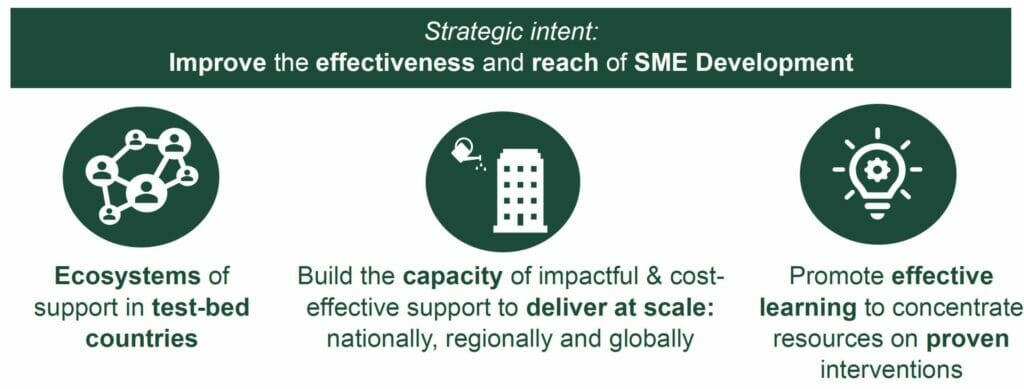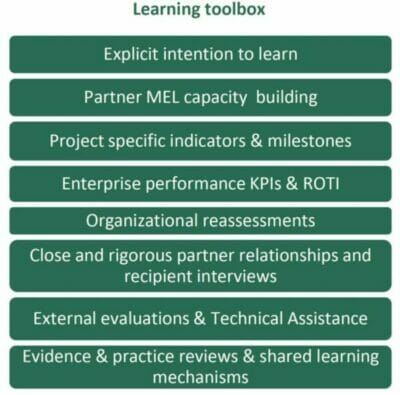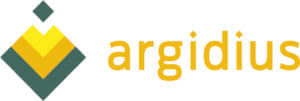Strategy
The world’s emerging economies do not generate enough formal jobs, leaving over a billion people in poverty. Too poor to be unemployed, those of working age typically engage in low-productivity survival livelihoods. For countries to transition from low income to middle income, and in order to genuinely tackle poverty, two of the critical pathways are to increase productivity and transition to waged jobs. Supporting SMEs and start-ups is a key response. Argidius aims to help build the quality and scale of the global SME Development through the three principle areas:

From 2013-2022, significant milestones have been reached in the SME Development space, for example:
- SMEs supported by Argidius grantees in East African test-bed countries generated a quarter of all formal employment in 2019, and on net grew employment during 2020, whereas the majority of SMEs reduced headcount over this period.
- A range of increasingly recognized international, regional and national institutions are effectively supporting SMEs to grow, and through a variety of diversified and blended income models are doing so sustainably.
- We now know how SMEs are effectively supported, with a growing body of evidence highlighting five simple characteristics that distinguish impactful services from those that make little to no meaningful difference. These are shared in the SCALE report and toolkit.
For the period 2022-2024, Argidius are prioritizing:
- Dissemination and advocacy of critical lessons so more resources flow to effective interventions
- Consolidation and further embedding of partners into national and regional ecosystems by deepening the accessibility of support (including exploring the role of digital delivery) and enhancing abilities to attract funding from bilateral/multilateral donors, corporates and governments
- Bringing the food sector into focus because of its outsize impact on poverty, its dominance in the SME portfolios of our grantees; and as an opportunity to build on existing impact and learning; and
- Bringing SME finance to the fore. It has been a successful sub-theme, and elevating it will drive more resources to the space, and increase the uptake and sustainability of BDS
Partnerships
We partner with Enterprise Support Organizations that can help SMEs grow and generate employment, and we work jointly with other funders and with learning partners, to find out more about which kinds of support best help entrepreneurs scale their businesses, and apply the findings globally.
Transparency, effectiveness and results in PSD
Learning what works best in terms of impact, cost-effectiveness and sustainability is core to our strategy.

Three principle proxies of success are SME revenue growth, job creation and finance mobilized. Grantees are supported to invest in their monitoring evaluation and learning to drive improvement, and are required to collect these indicators annually for each SME they support for 4 years. This has generated a comparable dataset of over 15,000 enterprises.
Further quantitative data is collected on a project-specific basis, and external evaluations are conducted on the majority of major grants. These are published on the Learning page of the website.
Additionally shared learning initiatives are supported, such as the Global Accelerator Learning Initiative; the Innovation Growth Lab; the SGB Evidence Fund; and Small Firm Diaries. Findings are routinely published on the learning pages of the website.
Together this has enabled the identification of SME Development strategies and interventions that highly effective, and of others which make little to no meaningful difference. The combined evidence points firmly to five key characteristics that make all the difference. Acronymized as SCALE, these have been written up into a report and toolkit for funders, policymakers and practitioners to build program design, implementation and funding off of what has been proven to work.
 The
The